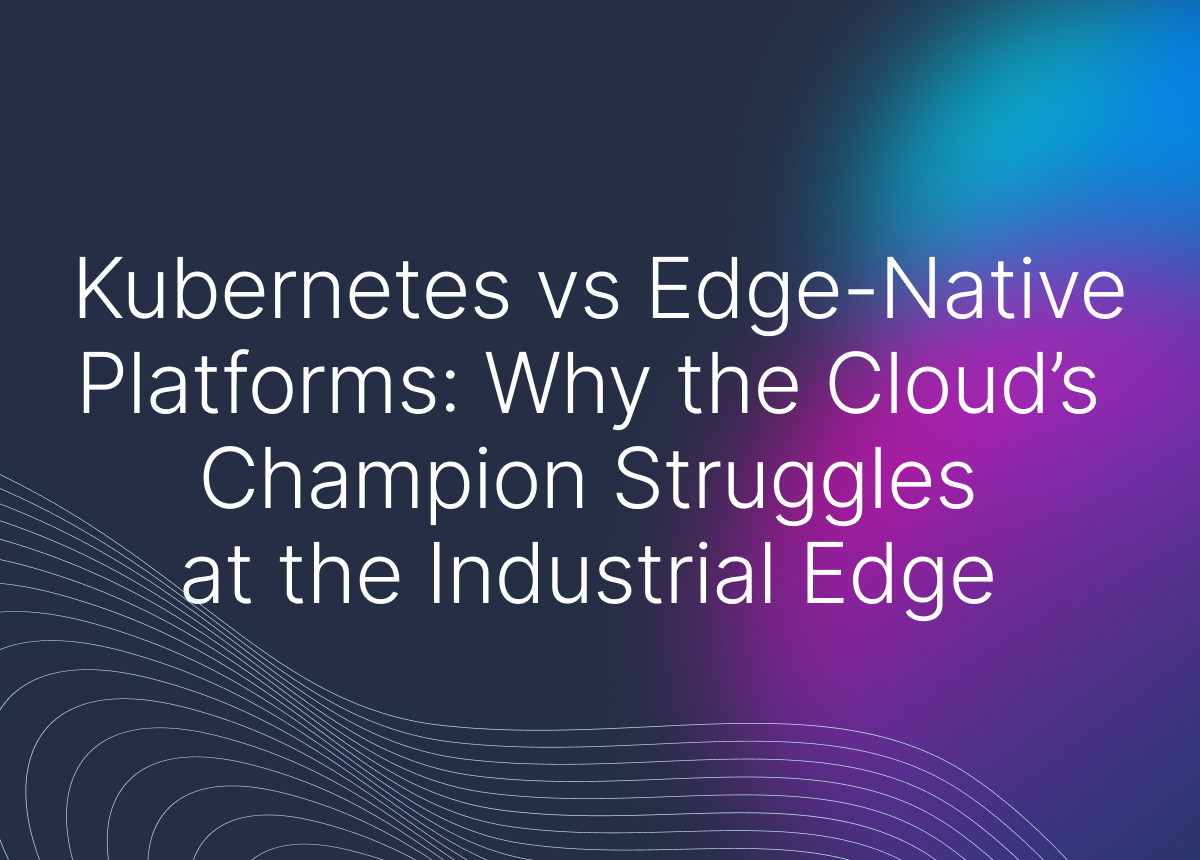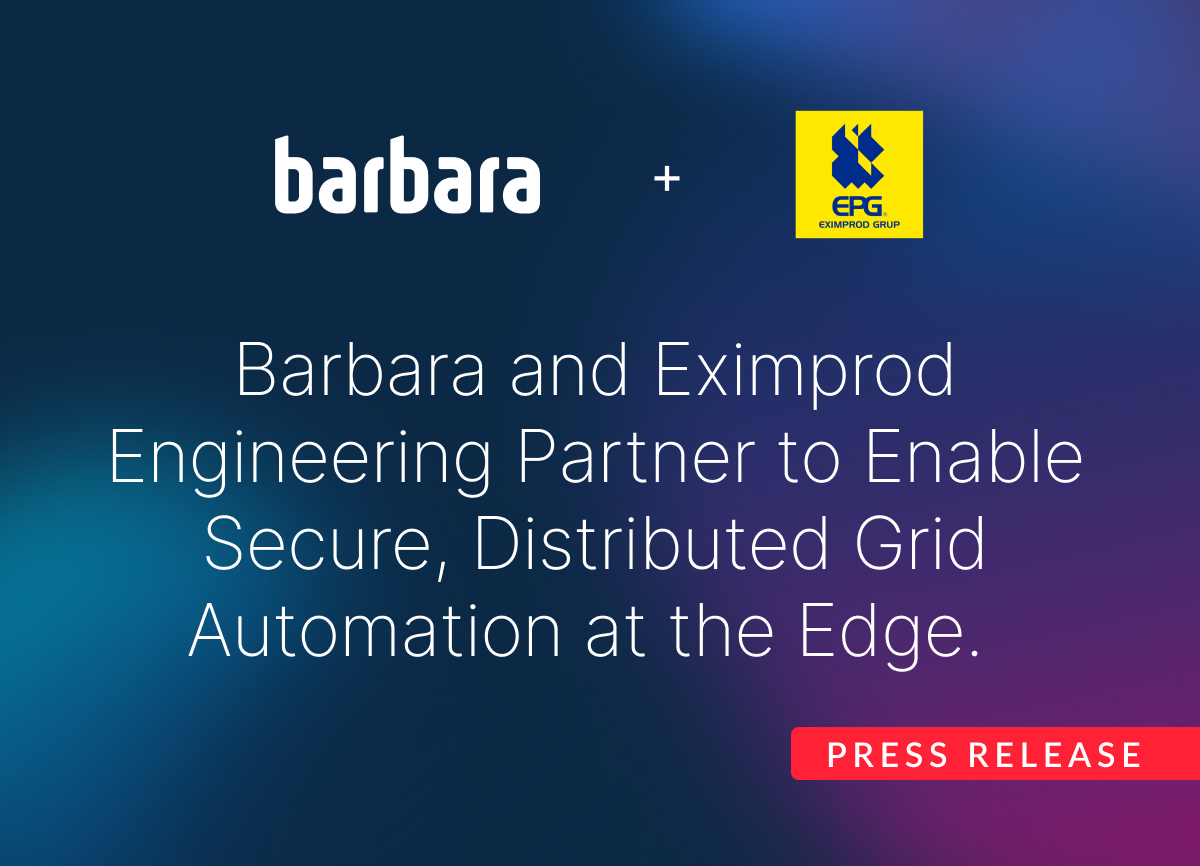How Edge Computing drives Maritime Business Revolution through Energy Optimization
Edge Computing plays a pivotal role in revolutionizing the marine business, particularly in the domain of energy optimization. By bringing computing resources closer to the data source, edge computing enables real-time data processing and analysis onboard ships and marine installations. This paradigm shift allows for more efficient energy management and optimization, leading to significant cost reductions and a reduced environmental impact.
In the rapidly evolving maritime industry of today, companies are actively pursuing innovative solutions to enhance efficiency, reduce costs, and promote sustainability. Amidst this pursuit, edge computing emerges as a critical enabler, revolutionizing the marine business landscape. By processing data in real-time at the edge of the network, edge computing empowers the industry to achieve significant advancements.
One of the key impacts of edge computing in the maritime sector is its ability to facilitate outcome-based business models. Real-time data processing and analysis onboard ships and marine installations empower companies to deliver value-added services based on actual performance metrics. This shift from traditional product-centric approaches to outcome-based models opens new possibilities for revenue generation and customer engagement.

Edge Computing in Energy Optimization for Maritime Industry
Energy optimization is crucial for the maritime sector to achieve cost savings, reduce environmental impact, comply with regulations, improve operational efficiency, and meet stakeholder expectations. By embracing energy optimization strategies, the maritime industry can navigate toward a more sustainable and economically viable future. Now, by moving computational power closer to the data source, edge computing allows for real-time analysis and decision-making, enabling more efficient energy management strategies.
By harnessing the power of real-time data analysis, outcome-based business models, and digitalization, companies in the maritime sector can revolutionize their operations and pave the way for a more sustainable future. Embracing edge computing technologies and addressing associated challenges will enable businesses to stay ahead of the competition, reduce costs, and contribute to greener marine industry.
Enabling Outcome-Based Business Models
Traditionally, businesses in the maritime sector relied on traditional revenue models, such as selling hardware or services. However, with the integration of edge computing, companies can shift towards outcome-based models where they offer energy optimization as a service. This new approach not only aligns the interests of the service providers and the customers but also promotes sustainable practices and long-term partnerships.
Digitalization and Data-Driven decision-making
Edge computing enables the collection, analysis, and utilization of vast amounts of data from various sensors and devices on ships and offshore installations. By leveraging this data, businesses can gain valuable insights into energy consumption patterns, equipment performance, and operational efficiency. These insights empower them to make data-driven decisions, optimize energy usage, reduce carbon footprints, and improve overall business performance.
"Efforts to reduce energy usage in the industry are not novel; however, developing scalable and effective methods to achieve this goal has been a challenge. A gap exists between the intention to reduce waste and the actual ability to achieve it. Many of today's industrial equipment are not operating at optimal levels, leaving room for significant energy savings. To enhance sustainability in an industrial environment, optimizing performance is crucial in reducing energy consumption."
Want to know how to? download the following whitepaper

Main Challenges
These challenges include data security and privacy concerns, infrastructure requirements, integration complexities, and the need for skilled professionals. By recognizing and proactively addressing these challenges, companies can ensure a successful and smooth transition to edge computing technologies.
FAQs (Frequently Asked Questions)
FAQ 1: Is Edge Computing applicable to all types of marine businesses?
Yes, edge computing can be applied to various marine businesses, including shipping companies, offshore energy producers, port operations, and maritime logistics providers. Its versatility makes it suitable for optimizing energy consumption and improving operational efficiency in different sectors of the maritime industry.
How does Edge Computing enhance energy optimization in the marine business?
Edge computing enables real-time data analysis, allowing businesses to monitor energy consumption patterns, identify inefficiencies, and implement immediate corrective measures. By optimizing energy usage, companies can reduce fuel costs, minimize environmental impact, and enhance overall operational performance.
What are the security implications of edge computing in the marine industry?
While edge computing offers numerous benefits, it also introduces security considerations. Businesses must implement robust security measures to protect data at the edge, including encryption, access controls, and threat monitoring systems. Collaborating with trusted technology partners and following industry best practices is crucial for maintaining data integrity and safeguarding against cyber threats.
Conclusion:
The rise of Edge Computing and Edge AI is transforming the industrial landscape overall, providing a glimmer of hope in the global energy crisis. By deploying AI at scale organizations can substantially reduce energy consumption, curbing carbon emissions, and witnessing a drop in energy costs within a few months.
In the future landscape of maritime industry, companies that excel in connecting devices and efficiently collecting and leveraging real-time data will undoubtedly assume a leading role. Embracing innovative technologies like Edge Computing will be pivotal in fostering energy efficiency, enhancing sustainability, and shaping a more advanced and sustainable industrial future.
Want to keep abreast with Edge AI? replay "The Cutting-EDGE of MLOps" session
Learn from OWKIN, APHERIS, MODZY, PICSELLIA, SELDON, HPE, NVIDIA and BARBARA how to implement Machine Learning at the Edge, from optimisation, and deployment to monitoring.
🔒 Enhance Data Access, Security and Privacy through Federated Learning
💪 The tools, systems and structures you need to put in place for real-time AI
🚀 Improve model performance for Computer Vision
⚙️ Run successful Machine Learning Model Inference
💡 Optimize ML models for edge devices
🔒 Secure your ML models in the edge




.png)





